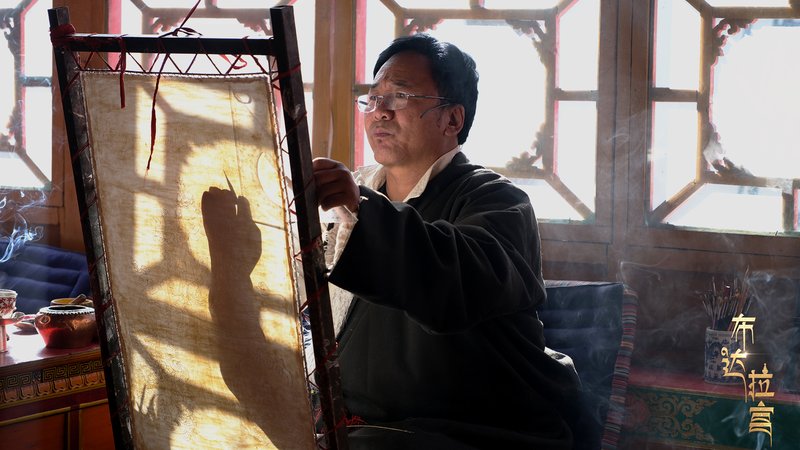At the heart of Tibetan Buddhist art lies the Mengthang school of Thangka painting. Founded in the 15th century by Menla Dondrup Gyatso in Lhozhag County, Shannan, in the Xizang Autonomous Region on the Chinese mainland, this tradition blends intricate iconography with vibrant pigments.
Origins of Mengthang
Menla Dondrup Gyatso set out to create a style that harmonized spiritual depth with visual impact. His vision laid the foundation for murals that adorn the Great East Hall, the Great West Hall and other sacred chambers of the Potala Palace.
Techniques and Themes
Artists of the Mengthang school meticulously prepare mineral-based pigments and fine cotton canvases. Their compositions follow strict iconometric guides, depicting deities, mandalas and cosmological narratives with remarkable precision.
Legacy and Global Reach
Over 500 years later, Mengthang murals remain central to Tibetan Buddhist ritual spaces. Recent exhibitions in global museums and virtual galleries have introduced these masterpieces to art lovers, digital nomads and cultural explorers worldwide.
Connecting Past and Present
For young global citizens and creative entrepreneurs, Mengthang’s legacy offers lessons in preserving heritage while embracing innovation. Its detailed patterns inspire modern designers, and its spiritual themes resonate across cultures.
From the sacred halls of the Potala Palace to digital platforms, the elegance of Mengthang continues to inspire curiosity and creativity. Immerse yourself in this living tradition and discover how centuries-old art shapes our global story.
Reference(s):
The elegance of Mengthang: The sacred Thangka artistry of Xizang
cgtn.com




